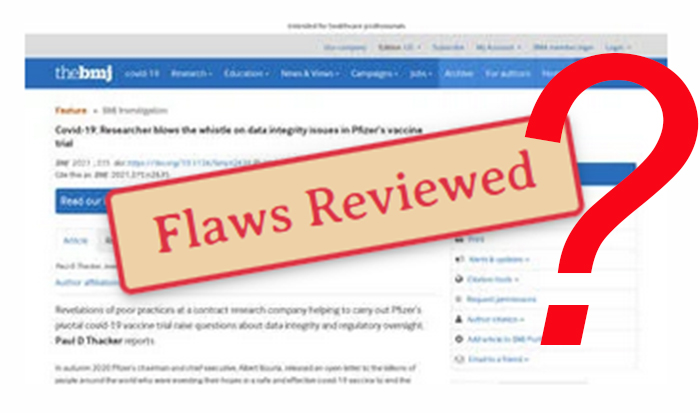Friday, 15 July 2022
Who Fact-Checks the Fact-Checkers?
 That’s not so simple a question as it may seem, because although we are often rightfully warned against people who claim to have “done their research” on some subject or other and to have discovered unbelievable secrets about it, we are also often asked to accept fact checkers as sources of absolute truth, when they’re really not. They’re just ordinary journalists who are being paid to do their jobs as best they know how while dealing with complex, specialized disciplines and concepts with which they are no more familiar than you or I. So in the end, what do fact checkers offer us? Their own subjective accounts of small slices of reality that they think they have understood and that we hope most of them are presenting in a responsible way—in other words, a far cry from what is suggested by the categorical labels of “true” and “false” that all too often litter fact checkers’ articles on complex subjects such as the human brain, or Covid-19.
That’s not so simple a question as it may seem, because although we are often rightfully warned against people who claim to have “done their research” on some subject or other and to have discovered unbelievable secrets about it, we are also often asked to accept fact checkers as sources of absolute truth, when they’re really not. They’re just ordinary journalists who are being paid to do their jobs as best they know how while dealing with complex, specialized disciplines and concepts with which they are no more familiar than you or I. So in the end, what do fact checkers offer us? Their own subjective accounts of small slices of reality that they think they have understood and that we hope most of them are presenting in a responsible way—in other words, a far cry from what is suggested by the categorical labels of “true” and “false” that all too often litter fact checkers’ articles on complex subjects such as the human brain, or Covid-19.
With regard to Covid, here’s one anecdote to show how fact checking can go wrong. On November 2, 2021, investigative journalist Paul D Thacker, published an article in The British Medical Journal (one of the most highly regard medical journals in the world). The article, entitled “Covid-19: Researcher blows the whistle on data integrity issues in Pfizer’s vaccine trial,” revealed some dubious practices at a company that had been sub-contracted by Pfizer to conduct clinical trials for its Covid vaccines. The next day, a retired dentist from Israel posted a link to Thacker’s article in a private Facebook group. One week later, the dentist’s group received a message from Facebook, stating that “independent fact checkers” had found that this article was “missing context”. The fact checkers had not found any errors in it. They were questioning the understanding of the facts expressed in the article. In other words, Lead Stories, the company that Facebook had paid to do the fact checking, had come to different conclusions from an author published in what has been one of the most widely read specialized medical journals in the world ever since it was founded in 1840. And this company still stands by its story today, often defending its position with statements by spokespeople from … Pfizer.
Be that as it may, the problem here is not so much that Facebook is arrogating unto itself the right to decide who is right and who is wrong and to issue warnings in what should normally just be matters for scientific debate. I know that Facebook’s reason for existence is to make money, not to explain the basics of science to people. But considering Facebook’s tremendous influence over our online discussions, that’s the real problem.
From the Simple to the Complex | Comments Closed








